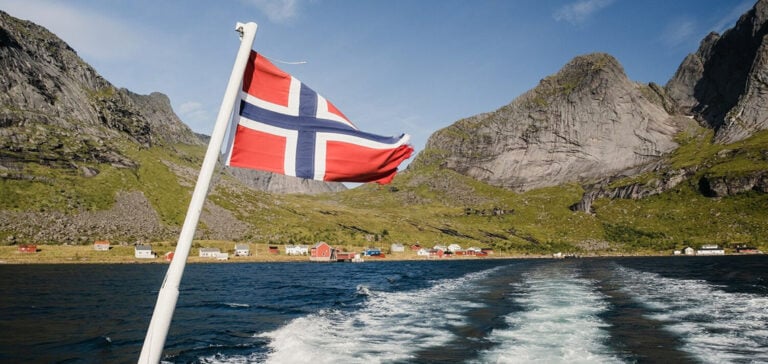Norway’s sovereign wealth fund recorded a loss of 32 billion euros in the third quarter of 2023. Indeed, the Norwegian central bank has officially announced this situation. It is responsible for managing this exceptional sovereign wealth fund.
A reduction in total value
Over these three months, the fund’s overall return was a negative 2.1%. This reduces its total value to 14,801 billion crowns. This was equivalent to 1,253 billion euros at the end of September. One of the fund’s managers, Trond Grande, commented on the situation. He asserts that “the stock market experienced a weaker quarter compared to the previous two quarters.” He added that certain sectors, notably technology, manufacturing and consumer discretionary, had a negative influence on the fund’s performance.
Troubled asset classes
The major component of the fund’s investments is in equities. They represent 70.6% of its portfolio, and suffered a loss of 2.1% during the quarter. Bond investments, equivalent to 27.1% of assets, also posted a negative return of 2.2%. Finally, real estate investments, representing 2.2% of the portfolio, recorded the biggest decline, with a loss of 3.3%.
The key role of Norway’s sovereign wealth fund
The Norwegian sovereign wealth fund, set up to capitalize on the Norwegian state’s oil and gas revenues in order to finance its generous welfare state, had enjoyed a period of growth in the first half of the year, recording a gain of 1,501 billion kroner thanks to the positive performance of the stock markets. According to the Sovereign Wealth Fund Institute, Norway’s sovereign wealth fund remains the largest in the world, surpassing even two Chinese funds.
Consequences for world markets
These recent economic developments have prompted concern and discussion about global markets and the impact on the Norwegian economy. While the Norwegian Fund is a key player on the international financial scene, its losses could have repercussions beyond Norway’s borders.
The technology sector, which was a significant contributor to the losses, is under the spotlight. Investments in global technology giants were affected by volatility and regulatory uncertainties. Investors are keeping a close eye on technology companies’ responses to these challenges.
Norwegian industry, particularly the energy sector, is also affected by these losses. Norway is a major player in the oil industry, and these losses could have an impact on the country’s ability to finance energy-related projects.
Finally, consumer discretionary goods, including luxury goods and automobiles, also suffered losses, reflecting changes in consumer behavior and economic uncertainties.
Strategic adjustments on the horizon
In the face of these significant losses, the Norway Fund could consider strategic adjustments to mitigate the risks. Discussions on portfolio diversification and revised asset allocation could be on the agenda. Fund managers will closely monitor market developments and global economic trends to guide future decisions.
In summary, Norway’s sovereign wealth fund, despite its status as the world’s largest, had a difficult quarter, with losses of €32 billion in the third quarter of 2023. These losses are attributed to negative returns across all asset classes, particularly in the technology, industrial and consumer discretionary sectors. The consequences of these losses are potentially significant, not only for Norway, but also for the world’s financial markets. The fund will need to consider strategic adjustments to mitigate risks in the future.






















